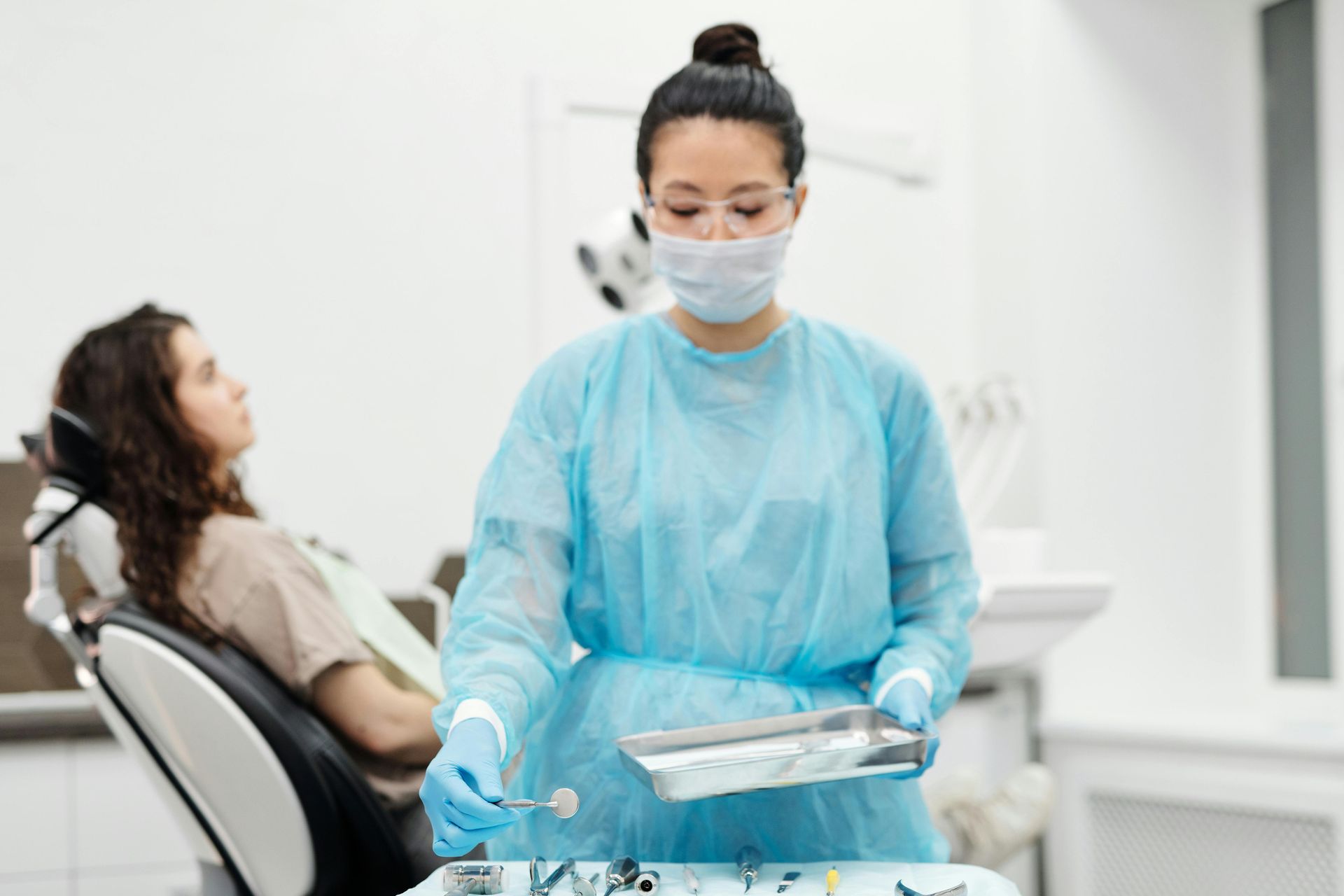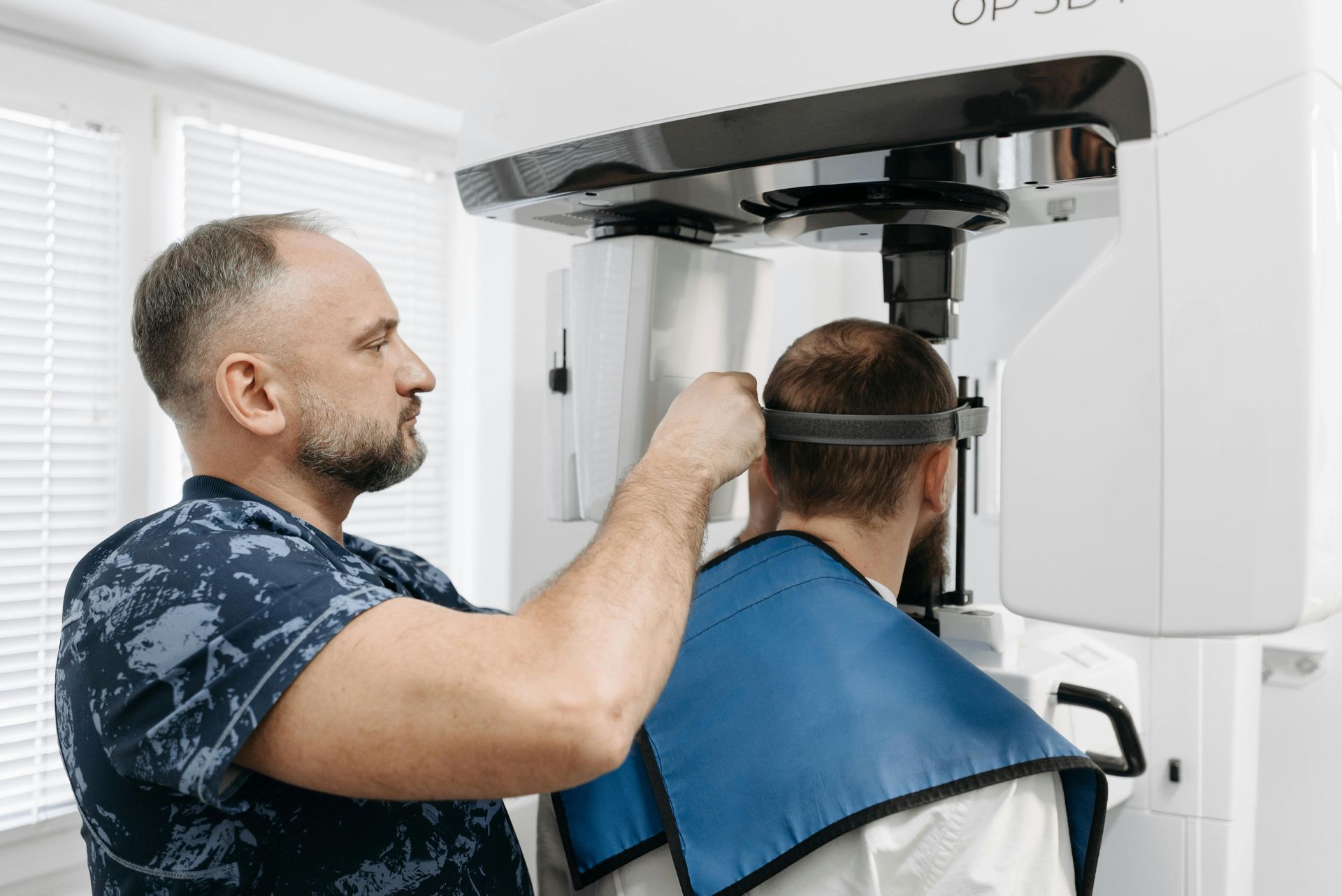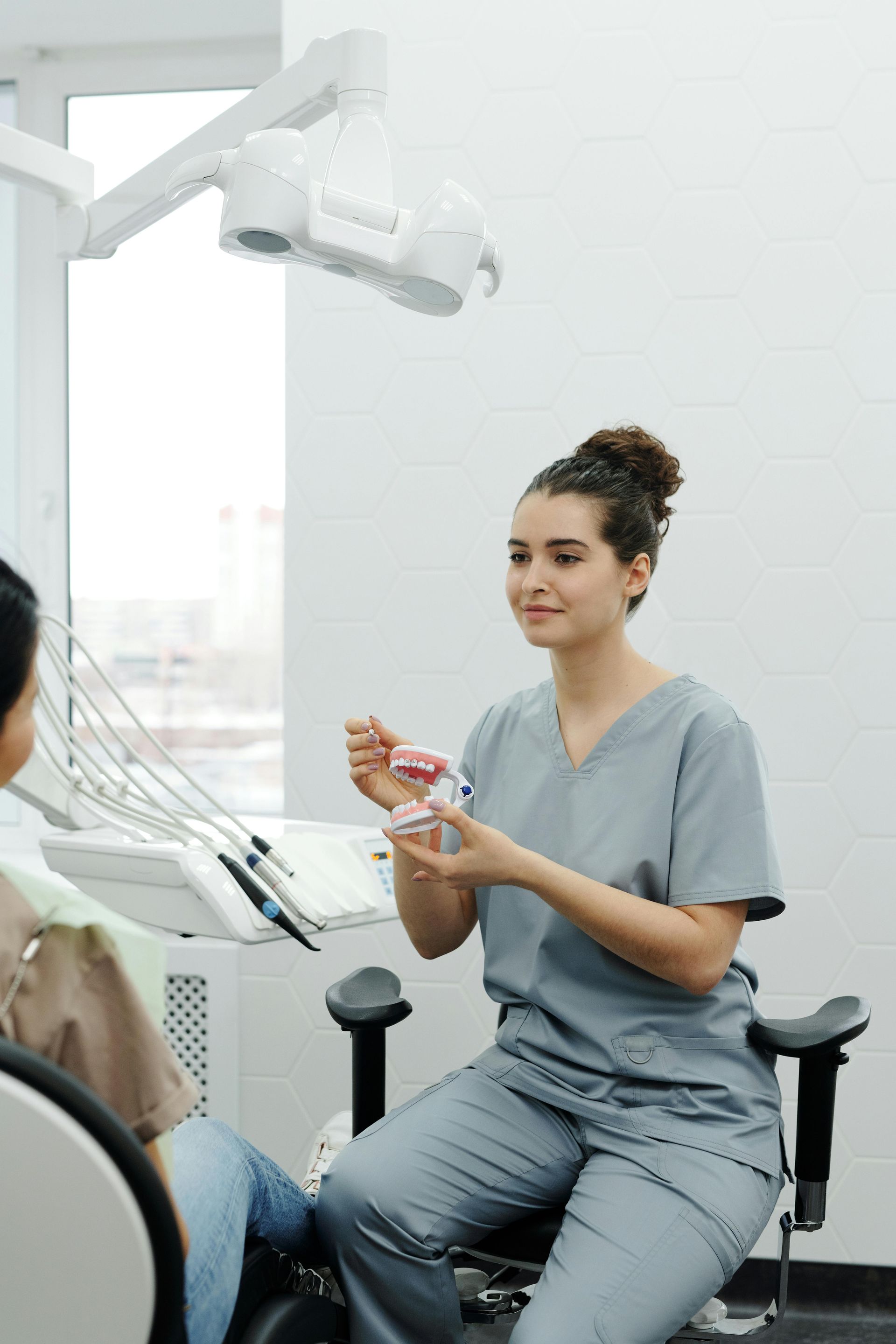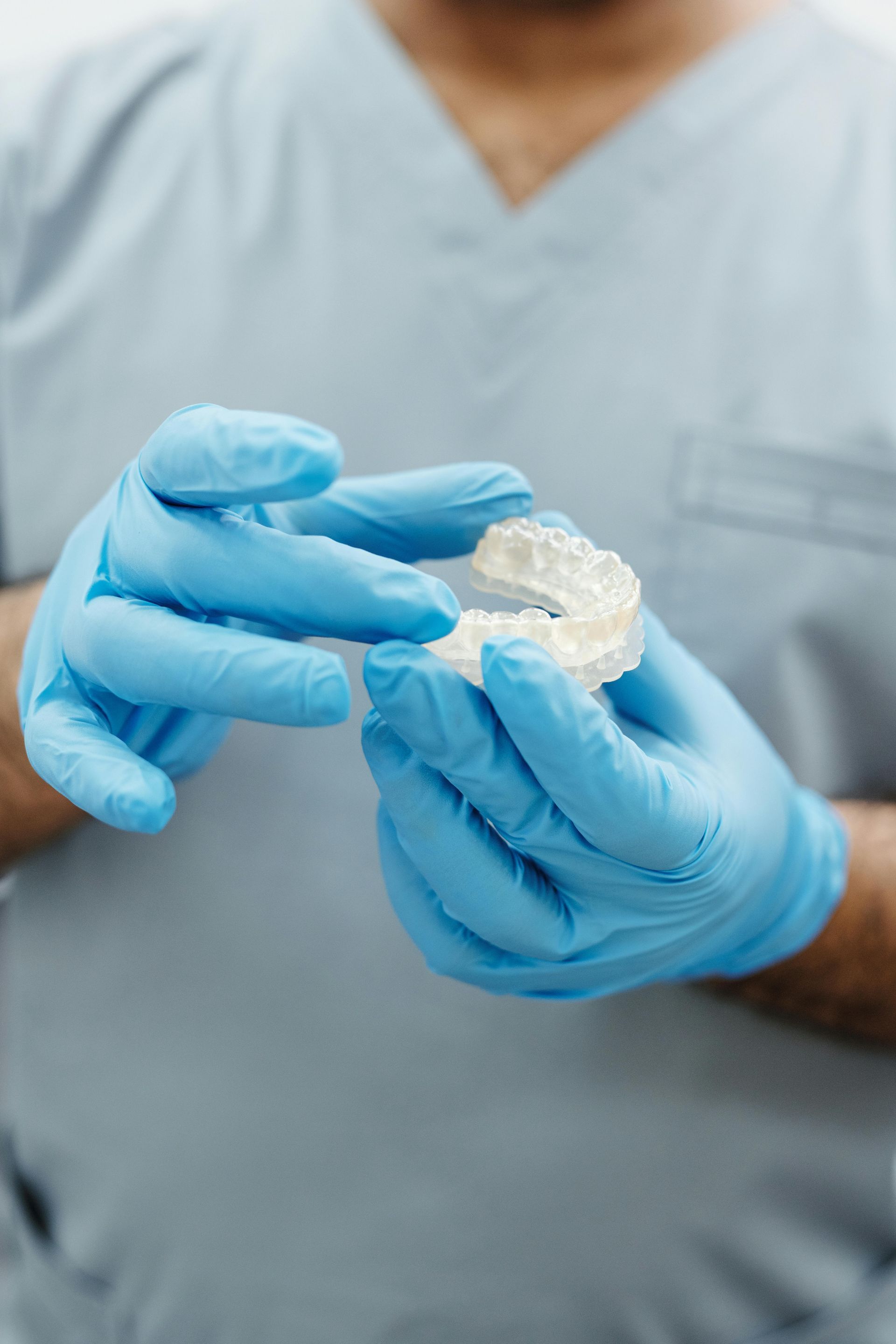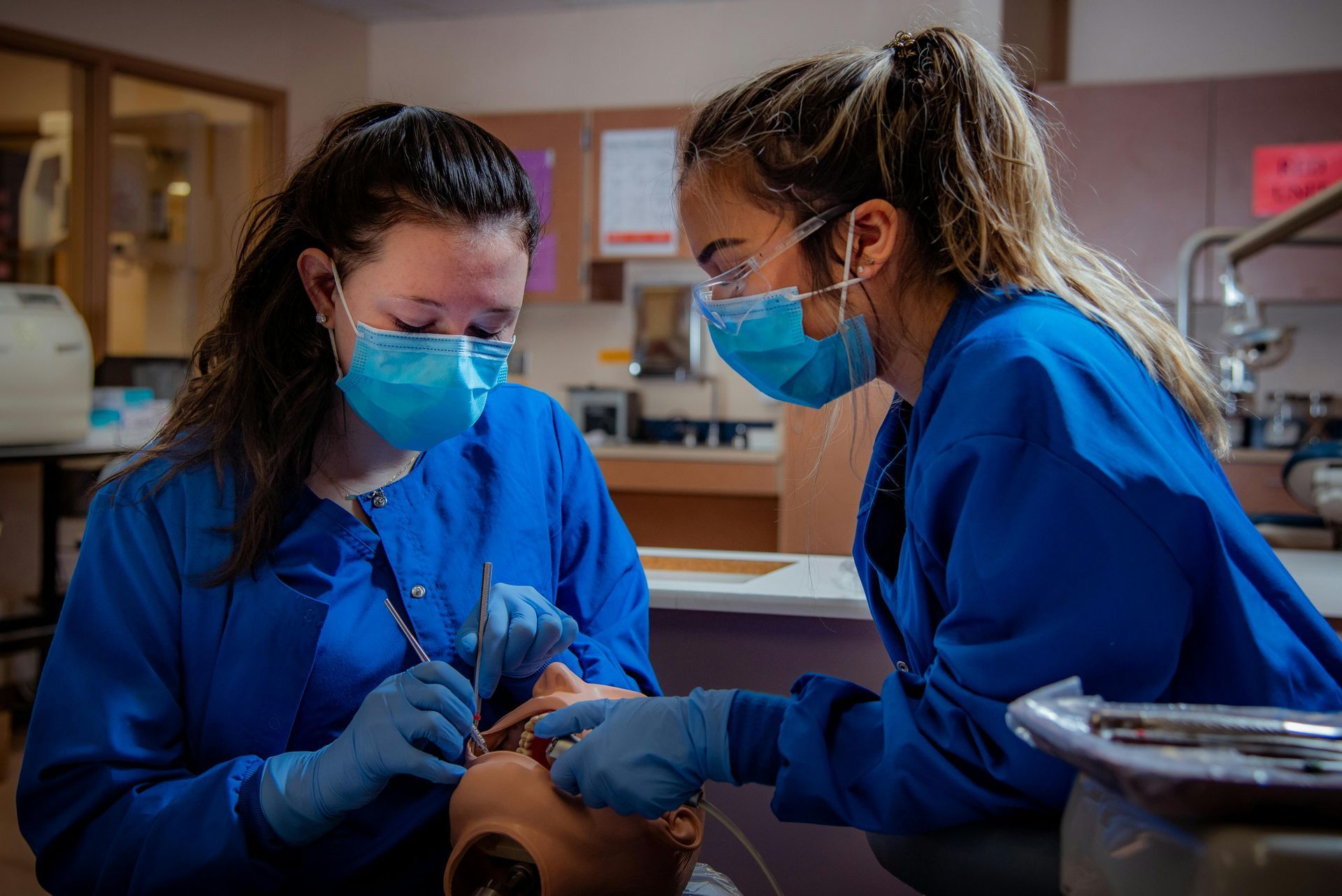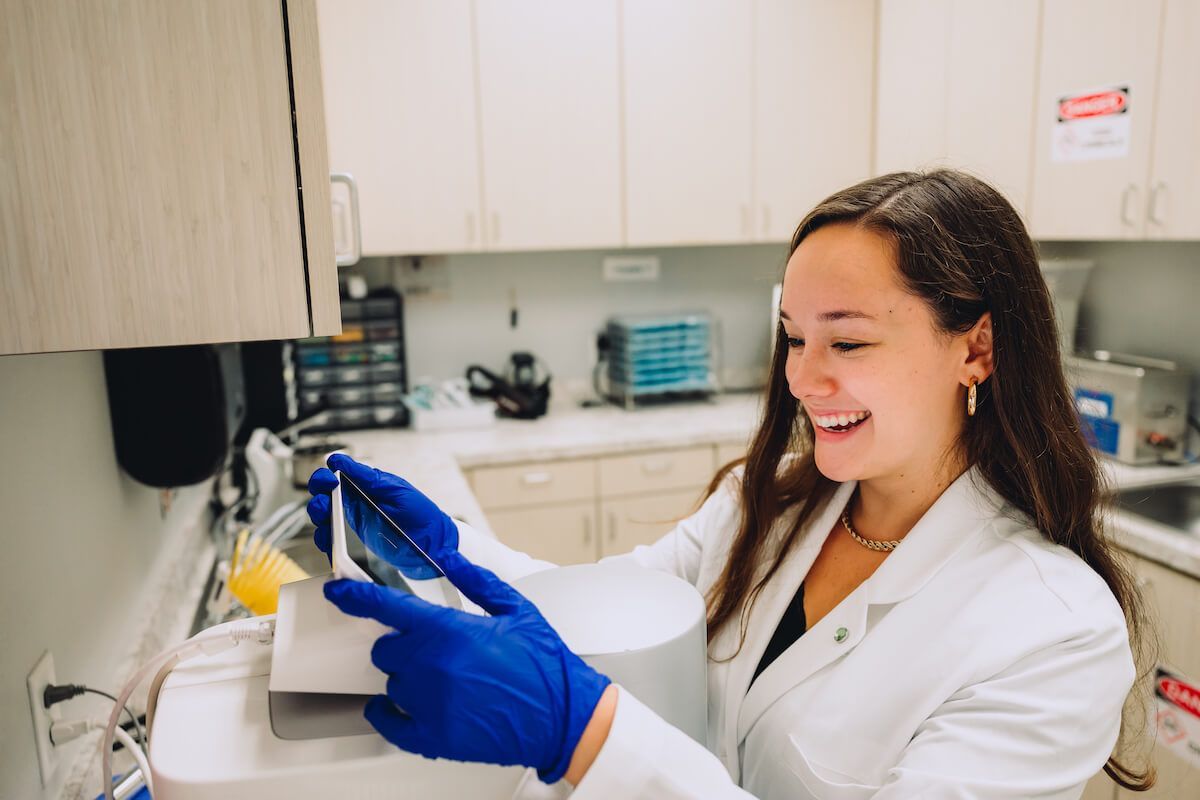Integrating Holistic Approaches in Dentistry
A Path to Comprehensive Patient Care
Best Dental Institute in Villa Rica, GA
As the field of dentistry evolves, patients are increasingly seeking comprehensive care that considers their overall well-being—not just their teeth. Holistic dentistry is gaining momentum, focusing on the interconnectedness of oral health and systemic health. By taking a more integrative approach to dental care, dental professionals can provide treatments that not only improve patients' smiles but also enhance their overall health. At Alliance Dental Institute, we emphasize the importance of preparing dental professionals to incorporate these practices into their patient care routines.
What is Holistic Dentistry?
Holistic dentistry is an approach to oral care that focuses on treating the entire patient, considering the impact of oral health on overall physical health. It acknowledges the connection between oral diseases and systemic conditions such as heart disease, diabetes, and even cancer. Holistic dentists strive to use treatments and techniques that are minimally invasive, biocompatible, and environmentally friendly. This approach is rooted in the belief that dental care should nurture the body as a whole and not just focus on isolated dental issues.
The Role of Education in Holistic Care
- Comprehensive Training for Dental Assistants To provide the best holistic care possible, it is essential that dental assistants have a thorough understanding of both traditional and alternative dental practices. Pursuing a dental assistant certification in Georgia can help future dental assistants learn not only clinical skills but also the importance of supporting holistic practices. For example, holistic treatments such as ozone therapy, biocompatible dental materials, and nutritional counseling require dental assistants to understand their benefits, applications, and potential contraindications. A strong educational foundation through dental assistant schools in Georgia ensures assistants are equipped to assist in the implementation of these cutting-edge treatments.
- Emphasizing Non-Toxic Materials Holistic dentistry often emphasizes the use of biocompatible, non-toxic dental materials. Many patients are concerned about the potential toxicity of materials like amalgam fillings, so holistic practitioners often use alternative materials that are safer and more natural. Dental assistants who are trained in dental assistant certification programs in Georgia are equipped to understand the range of materials available and assist dentists in selecting and applying the appropriate options for patients seeking a more holistic approach to their dental care.
- Patient Education and Awareness One of the most important roles of a dental assistant in a holistic dental practice is patient education. Holistic dentistry isn't just about treating patients—it's about educating them to take control of their own health. By educating patients on the importance of diet, stress management, and alternative treatment options, dental assistants help to empower patients to make informed decisions about their health. Students pursuing a degree for dental assistants in Georgia are taught how to communicate effectively with patients, provide accurate information, and support them in their journey toward improved overall health.
- Nutrition and Oral Health Nutrition plays a critical role in both oral and overall health. A holistic dentist often educates patients on the importance of eating a balanced diet to support oral health. Dental assistants can assist in this effort by helping to explain how certain foods and habits—like reducing sugar intake—can prevent cavities, gum disease, and other oral health issues. By incorporating nutritional counseling into routine care, dental assistants trained in holistic approaches can improve patient outcomes.
- Minimally Invasive Techniques Holistic dentistry emphasizes minimally invasive procedures that prioritize preserving natural tooth structure. Techniques like laser dentistry, ozone therapy, and air abrasion require specialized training, which is often included in dental assistant certification programs in Georgia. By learning these techniques, dental assistants can assist dentists in performing procedures that are both gentle and effective.
- Stress Reduction and Oral Health Stress is known to contribute to a variety of oral health problems, from teeth grinding to gum disease. Holistic dentistry recognizes the importance of managing stress to maintain good oral health. Dental assistants trained in holistic care can help by educating patients about the link between stress and oral health and offering simple relaxation techniques to help reduce stress during visits.
In conclusion, integrating holistic practices into dentistry involves a patient-centered approach that focuses on the overall health of individuals. By investing in training programs, such as dental assistant schools in Georgia, dental practices can provide care that is both modern and compassionate. Future dental assistants, equipped with the knowledge of holistic dentistry, can play an essential role in delivering comprehensive care that addresses both dental and systemic health.
427 W Bankhead Hwy, Villa Rica, GA 30180
Apply to Alliance Dental Institute Today!
Admission Hours
- Mon - Fri
- -
- Sat - Sun
- Closed
Tour Hours
- Mon - Thu
- -
- Friday
- Appointment Only
- Sat - Sun
- Closed
© 2025 Alliance Dental Group. All Rights Reserved | An Art of Dental Marketing Website | Privacy Policy

